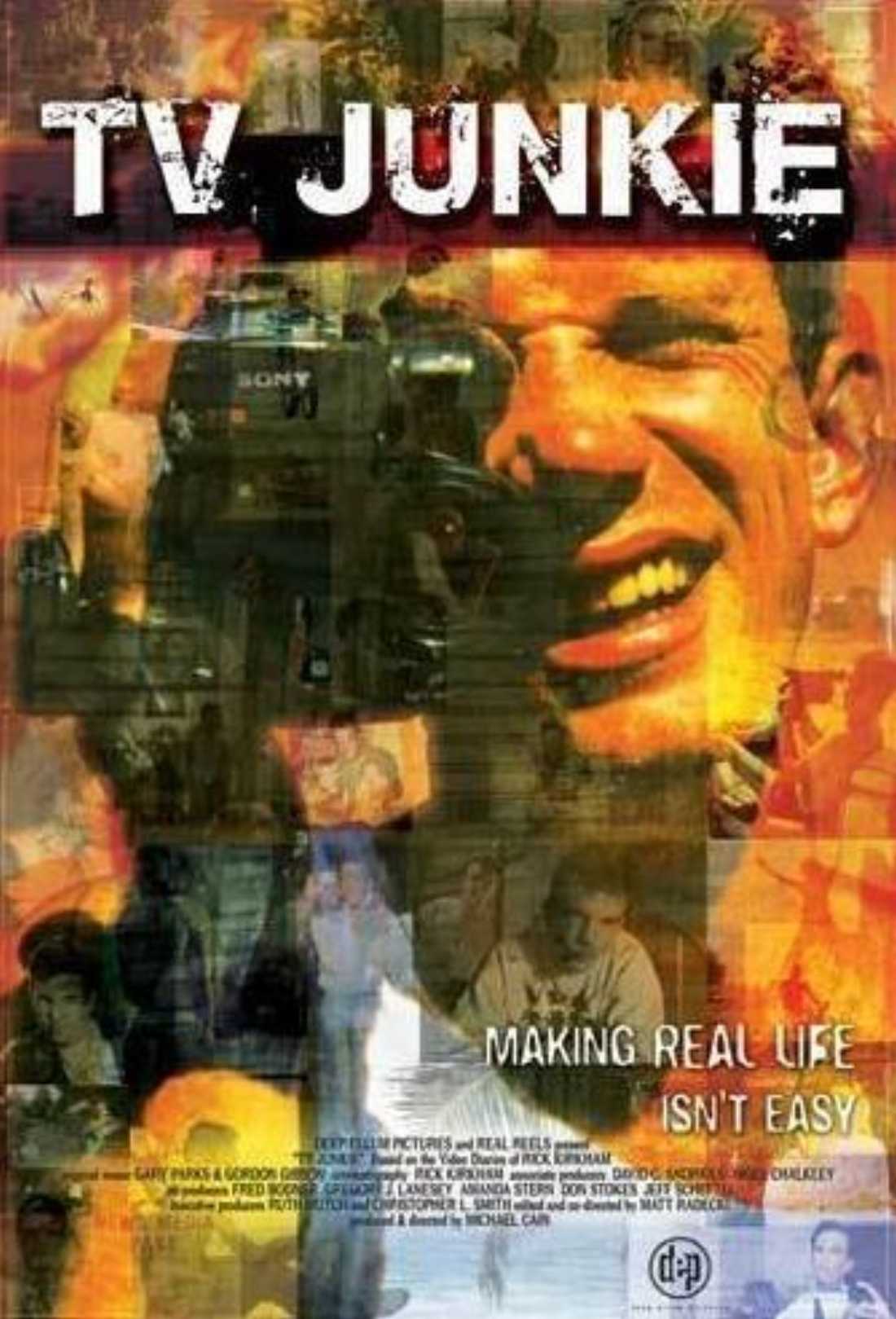Longview native Michael Cain remembers the drive-in theater he used to go to when he was a boy, where he saw everything from The Sound of Music to The Texas Chainsaw Massacre. “I’d watch Bruce Lee movies there, and they interrupted one of those to announce that Bruce Lee had died,” he said. “That had a profound effect on me.”
Now the 53-year-old Dallas resident is a documentary filmmaker whose Sundance prize-winning film has just become widely available. Cain studied at the University of Texas at Arlington and earned his degree in real estate (his mother was a successful real-estate broker). He worked in the field until the housing crash of the mid-1980s.
After stints as a garbageman, a personal trainer, and a truck driver, he applied to the American Film Institute in Los Angeles. The school initially rejected him but then took him in after another student dropped out. “I’ve never taken for granted working in the arts,” he said.
A job as location manager and unit production manager for the Arkansas filming of Carl Franklin’s 1992 thriller One False Move started him on a career producing a string of low-budget features. Cain dropped everything in 1998, though, to take care of his father after he was diagnosed with pancreatic cancer and eventually died. After the hiatus, Cain continued as a movie producer but also founded the Deep Ellum Film Festival in 1999 as a more local- and indie-focused counterpart to the USA Film Festival.
His first directing effort, TV Junkie, came in 2005 after a friend, Monty Griffiths, approached Cain with 3,000 hours of unedited video footage shot by Rick Kirkham, a former TV reporter for Inside Edition who obsessively documented his life as he battled addictions to alcohol and cocaine. Griffiths thought Cain could recommend a director, but Kirkham’s story resonated with Cain. “I had had success and lost it, and I felt like I knew what this man felt,” he said.
The footage was on film, VHS, and mini-DV, and much of it was unlabeled and undated. Cutting it into a 90-minute movie was an arduous task, especially since Cain and co-director Matt Radecki had resolved to enter their documentary into the 2006 Sundance Film Festival. A frantic episode ensued when CBS denied the filmmakers permission to use its footage in the film, forcing them to cut out the offending scenes a few hours before the movie was to screen at Sundance. It turned out to be worth the effort when the film won a Special Jury Prize. Kirkham himself watched the film in his own living room over the course of two difficult days. “He said, ‘I didn’t think I was that terrible,’ that the footage wasn’t the way he remembered his life,” Cain said. “But he gave us complete control.”
HBO broadcast the film for two years, and Cain and Radecki cut a different version to be shown in schools. While Cain put the documentary aside to work with AFI on turning the Deep Ellum festival into what would become the Dallas International Film Festival, TV Junkie became the subject of a two-year court battle, after Kirkham’s wife Tammy sued to stop the film from being shown despite having previously agreed to appear in it. Once the suit was settled, Sundance contacted Cain to re-release the film. TV Junkie became available on iTunes and Hulu last August and will be on Netflix by year’s end. By that time, Cain hopes to have finished his new documentary on The Starck Club, the legendary Dallas nightspot. He’s also in the planning stages on another project, this one about Neiman-Marcus mogul Stanley Marcus. “I’m blessed to be the storyteller that I dreamed of being back at that drive-in,” Cain said.













Michale Cain is a one of DFW’s crown jewels. He is one of those once in a lifetime unique people that makes everyone and everything around him better. He has surrounded himself by some of the best people around and they do great things.
Everyone reading this should go to the Dallas International Film Festival web site an sign up to find out how they can be involved. You will not be let down by the world you will be introduce too by getting involved.